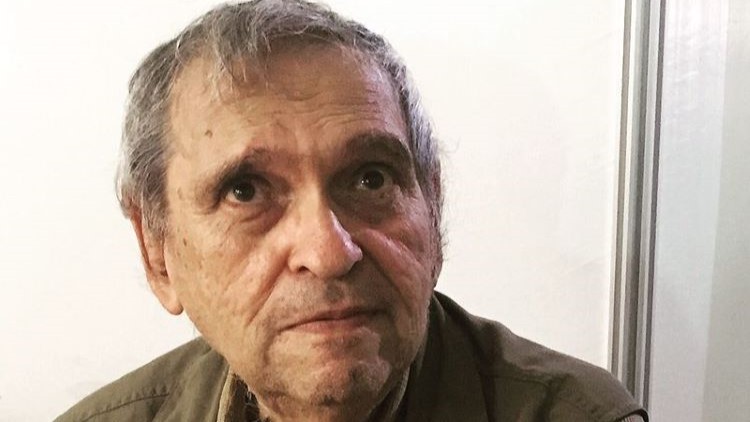The Diplomat
The King and Queen of Spain will today present the 2022 Miguel de Cervantes Prize for Literature in the Spanish Language to Venezuelan poet Rafael Cadenas, a politically independent writer whom the government of Nicolás Maduro refused to congratulate last November when the award was announced.
The jury awarded the prize to Rafael Cadenas for “his vast and extensive literary work” and in recognition of “the transcendence of a creator who has made poetry a motive of his own existence and has taken it to heights of excellence in our language”. According to the jury, “his work is one of the most important and demonstrates the transforming power of the word when language is taken to the limit of its creative possibilities”. Likewise, the jury continued, Cadenas “makes words distill their dazzling essence, placing them in the dual territory of dream and wakefulness and making his poems a profound expression of existence itself and of the universe, also placing them in a dimension that is both mystical and earthly”.
The prize, awarded by the Ministry of Culture and Sport, is the highest recognition given to the creative work of Spanish and Latin American writers and is endowed with 125,000 euros. The award ceremony will take place in the auditorium of the University of Alcalá. Alcalá de Henares (Madrid).
Rafael Cadenas (Barquisimeto, Venezuela, 1930) belongs to the Venezuelan generation of 1960. He was part of the Tabla Redonda group, together with Arnaldo Acosta Bello, Jesús Guédez, Ángel Eduardo Acevedo, Darlo Lancini, José Barroeta and Sanoja Hernández. He is a translator of English poetry, was a university professor and has an extensive work of essays considered a reference of contemporary literary thought in Spanish, with titles such as En torno al lenguaje and Apuntes sobre San Juan de la Cruz y la mística. In addition, Cadenas, who is still active, is the author of more than twenty books of international renown.
Rafael Cadenas’ poetic and essayistic work has earned him numerous awards, such as the San Juan de la Cruz Prize (1992), the Mozarteum Foundation of Venezuela Prize (1993), the FIL Prize for Literature in Romance Languages (2012), the Federico García Lorca International Poetry Prize (2015), the Queen Sofia Prize for Ibero-American Poetry (2018), and various recognitions in his country, such as the honorary doctorate from the Central University of Venezuela and the Andrés Bello Prize from the Venezuelan Academy of Language, among others.
Rafael Cadenas, who belonged in his youth to the communist party (during the dictatorship of Marcos Pérez Jiménez, which forced him into exile between 1952 and 1956) but moved away from it and its ideology over the years, did not receive any congratulations from the Maduro regime after the announcement of the Cervantes award. “I have not received congratulations, nor do I expect it. I have a disagreement with the regime, but I am not participating in politics either,” the poet told the newspaper El Nacional.







